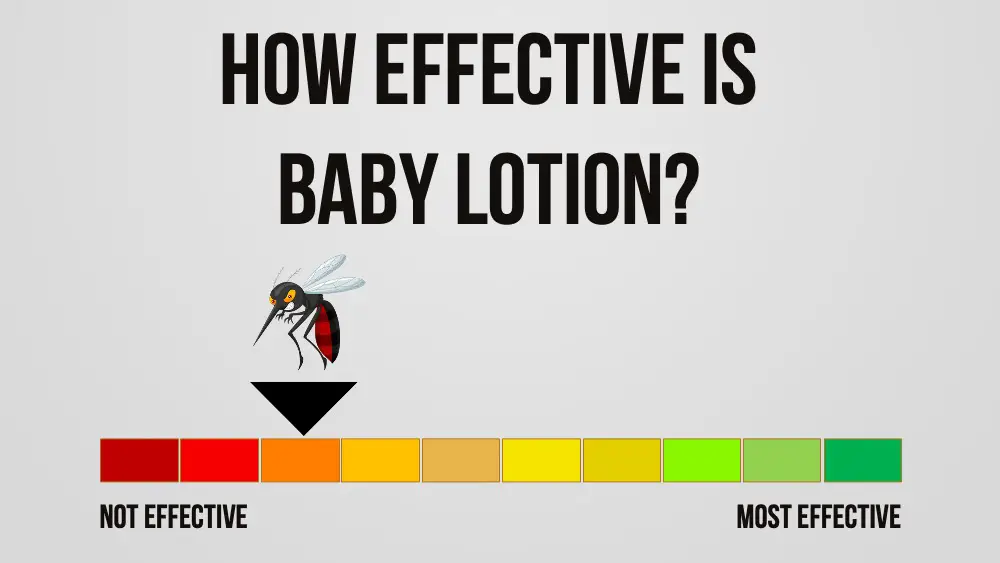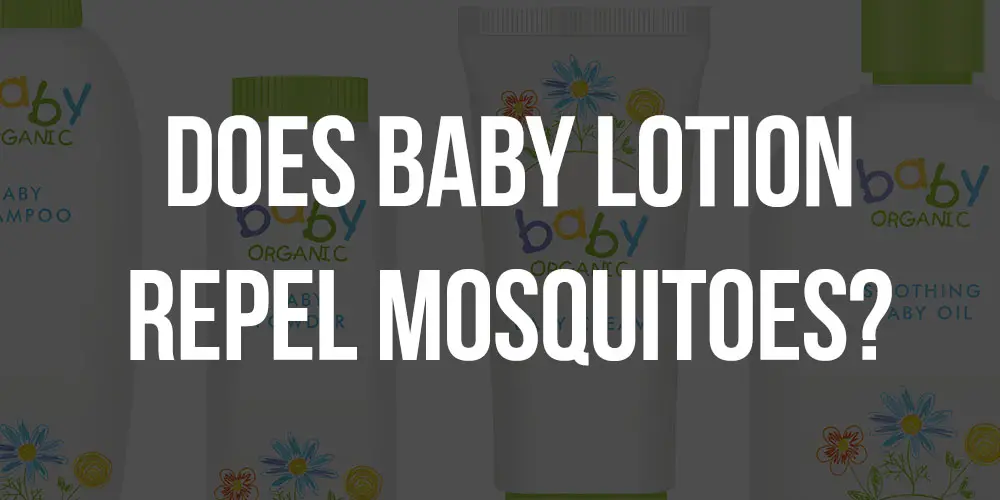There is no conclusive evidence that baby lotion repels mosquitoes.
Some people swear by it, while others find that it has no effect whatsoever.
If you’re interested in trying this method, be sure to choose a lotion that is unscented and contains no citronella, as this ingredient is known to repel mosquitoes.
Apply the lotion liberally to exposed skin, and reapply as needed.
Navigation
Baby Lotion for Mosquitoes
As mosquito season approaches, many parents are looking for ways to protect their children from these pesky insects.
One popular option is baby lotion. This lotion can be applied to the skin to create a barrier that mosquitoes cannot penetrate.
It is important to note that this lotion will not kill mosquitoes, but it will help prevent them from biting your child.
Many parents find that baby lotion is a safe and effective way to protect their children from mosquitoes.
However, it is always important to read the label before using any product on your child. If you have any questions or concerns, be sure to speak with your child’s doctor.

Baby Lotion Mosquito Repellent
As mentioned earlier, baby lotion can be used as a mosquito repellent. If you want to try it, simply apply the lotion on your skin and wait for it to dry.
You can also reapply the lotion every few hours, especially if you are going to be outdoors for an extended period of time. Another advantage of using baby lotion as a mosquito repellent is that it is safe to use on babies and young children.
However, you should still avoid applying the lotion on broken skin or open wounds. If you have any concerns, it is best to consult with a doctor or pharmacist first.
Baby Oil Lotion Mosquitoes
This oil is great for keeping mosquitoes at bay. It can be applied directly to the skin or added to lotion. Baby oil is safe for all ages and smells great too!
Creamy Baby Oil Lotion for Mosquito Repellent
This creamy baby oil lotion can be used as a mosquito repellent especially if it is made with natural ingredients and includes a blend of essential oils that are known to repel mosquitoes. It’s a great idea to get a lotion that is non-greasy so it will not leave your skin feeling oily or sticky.
Babies and Mosquitoes
There are many things that can cause babies to cry, but one of the most common is mosquito bites.
Mosquitoes are attracted to the smell of human skin, and when they bite, they inject a small amount of saliva into the skin.
This saliva contains a number of proteins that can cause an allergic reaction in some people.
For babies, who have very sensitive skin, this can often be enough to cause them to cry. If you think your baby may be crying because of mosquito bites, the best thing to do is to take them to see a doctor so that they can rule out any other possible causes.
Once you know that mosquito bites are the cause of your baby’s tears, there are a number of things you can do to help prevent them. If you are outdoors, you can make sure that you keep your baby’s skin covered as much as possible.
Use mosquito netting over their stroller or carrier. You can also apply a thin layer of mosquito repellent to their skin, but be sure to read the label carefully and follow the directions. Finally, try to avoid areas where there are a lot of mosquitoes. If you live in an area where mosquito populations are high, consider using an air conditioner or fan in your home to keep them away from your baby.
Baby Mosquito Repellent
There are many products on the market that claim to be effective at repelling mosquitoes, but not all of them are created equal. If you’re looking for a safe and effective way to keep mosquitoes away from your baby, consider using a natural mosquito repellent.
There are several plant-based oils that can be used to repel mosquitoes, including citronella, lemongrass, and eucalyptus. All of these oils have proven to be effective at repelling mosquitoes, so you can feel confident that they’ll work to keep your baby safe.
When using any kind of mosquito repellent, it’s important to follow the directions on the product label.
Some repellents can be applied directly to the skin, while others need to be diluted in water first. Some repellents should not even go on your skin at all. Be sure to read the label carefully to determine how much of the product you should use.
If you’re concerned about using chemical-based mosquito repellents near your baby, consider making your own natural repellent at home.
There are several recipes available online that use essential oils to repel mosquitoes. With a little bit of trial and error, you should be able to find a repellent that works well for you and your family.
Baby Lotion for Mosquito Bites
When it comes to mosquito bites, you want to do everything you can to prevent them. But, sometimes, they just happen. If you find yourself with a few bites, don’t scratch them. This will only make them worse. Instead, try using a baby lotion. It will help to soothe the itch and keep the area hydrated.
Aloe Baby Lotion for Mosquito Bites
Aloe baby lotion can help soothe mosquito bites and provide relief from the itchiness and redness that they can cause. Simply apply a small amount of lotion to the affected area and allow it to work its magic. You’ll soon feel the difference!
If you’re looking for an all-natural solution to mosquito bites, then aloe baby lotion is definitely worth a try.
Not only will it help to soothe your skin, but it’s also gentle enough for use on babies and young children. So, if you’re searching for a natural way to keep your little one bite-free this summer, give aloe baby lotion a go!
Calamine Lotion for Babies Mosquito Bites
Calamine lotion is often used to treat mosquito bites in babies.
The lotion works by cooling and soothing the skin. It can also help to reduce itchiness and irritation. When using calamine lotion, be sure to follow the directions on the package carefully.
Apply the lotion to the affected area as directed and then wash it off with warm water. Always read the product instruction label and contact your physician or pharmacist with any questions.

